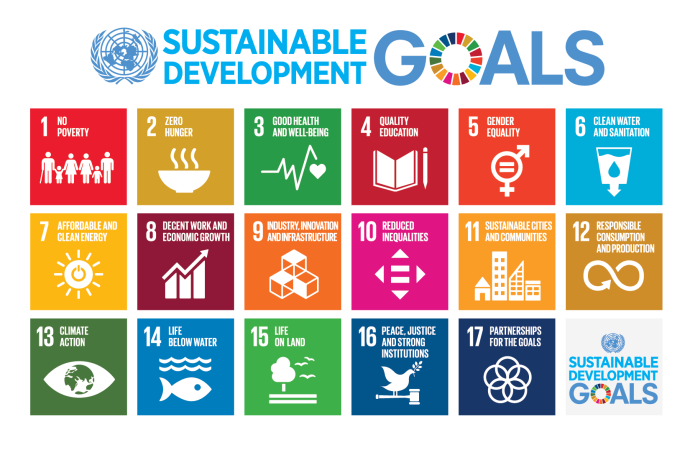Introduction The real estate industry is not just about building houses; it’s about creating hope and making a positive impact on society. In this article, we’ll uncover how the real estate sector contributes to achieving vital social goals. Explore innovative initiatives, uplifting trends, and gain valuable insights through a comparative table showcasing real estate projects
Introduction
The real estate industry is not just about building houses; it’s about creating hope and making a positive impact on society. In this article, we’ll uncover how the real estate sector contributes to achieving vital social goals. Explore innovative initiatives, uplifting trends, and gain valuable insights through a comparative table showcasing real estate projects dedicated to social impact.
Real Estate as an Agent of Social Change
The real estate sector is a potent catalyst for social transformation. It goes beyond erecting structures; it provides homes, fosters communities, and empowers individuals, thus contributing to a brighter and more inclusive world.
Initiatives for Social Impact
- Affordable Housing: Real estate projects are actively addressing the need for affordable housing, aligning with SDG 11, “Sustainable Cities and Communities,” and working to reduce homelessness.
- Community Development: Community development initiatives are revitalizing neighborhoods, creating economic opportunities, and fostering social cohesion.
- Homelessness Mitigation: Efforts to reduce homelessness and provide shelter and support services align with SDG 1, “No Poverty,” and SDG 3, “Good Health and Well-Being.”
- Inclusive Design: Ensuring that real estate projects are designed for inclusivity and accessibility promotes social equity, contributing to SDG 10, “Reduced Inequalities.”
- Environmental Stewardship: Sustainable real estate initiatives address environmental issues, promoting healthier living conditions and supporting multiple SDGs, including SDG 7, “Affordable and Clean Energy,” and SDG 13, “Climate Action.”
Image by: https://www.dhl.com/
Comparative Table of Social Impact-Focused Real Estate Projects
Explore a selection of real estate projects dedicated to social impact through the following comparative table:
| Project Name | Description | Key Social Impact Features |
|---|---|---|
| Habitat for Humanity Homes | A renowned nonprofit building affordable homes for low-income families | Volunteer participation, affordable housing solutions |
| Via Verde, Bronx, New York | An innovative affordable housing project with a focus on sustainability | Affordable housing, community gardens, and green spaces |
| Friendship Court, Charlottesville | A community development project aimed at revitalizing neighborhoods | Affordable housing, community programs, and job opportunities |
| The Navigation Center, San Francisco | A shelter for the homeless offering support services | Shelter and services for the homeless, pathway to permanent housing |
| Ten York, Toronto | A high-rise building with an innovative affordable housing component | Affordable housing units, mixed-income living, and community engagement |
These projects exemplify the pivotal role of the real estate industry in addressing social issues and contributing to social impact.
Inspiring Trends Shaping the Future
- Affordable Housing Advocacy: Real estate is increasingly prioritizing affordable housing solutions to combat homelessness and housing inequality.
- Community-Driven Development: Collaborative community development projects are fostering engagement, improving living conditions, and creating economic opportunities.
- Inclusive and Accessible Design: Inclusivity and accessibility are at the core of real estate initiatives, ensuring that properties are designed for people of all abilities.
- Environmental Responsibility: Sustainable real estate projects address environmental concerns, reduce carbon footprints, and improve the quality of life for residents.
- Partnerships for Positive Change: Collaborations with NGOs and social organizations are becoming integral to creating meaningful social impact in communities.
Real Estate’s Ongoing Commitment to Social Goals
The real estate industry’s commitment to social goals is an enduring journey. It extends beyond constructing buildings to creating communities that are inclusive, supportive, and socially responsible.
Conclusion
The real estate sector is not just about structures; it’s about shaping a hopeful future. Whether you’re a developer aiming to create affordable housing, an investor looking to support community development, or a homeowner seeking a more inclusive living space, the real estate industry is evolving to meet your social impact goals. With a commitment to affordable housing, community development, homelessness mitigation, inclusive design, and environmental stewardship, real estate is not just building houses; it’s building hope. Embrace real estate’s role in social goals and become part of the movement that transforms housing into hope for a better and more inclusive world.


















Leave a Comment
Your email address will not be published. Required fields are marked with *